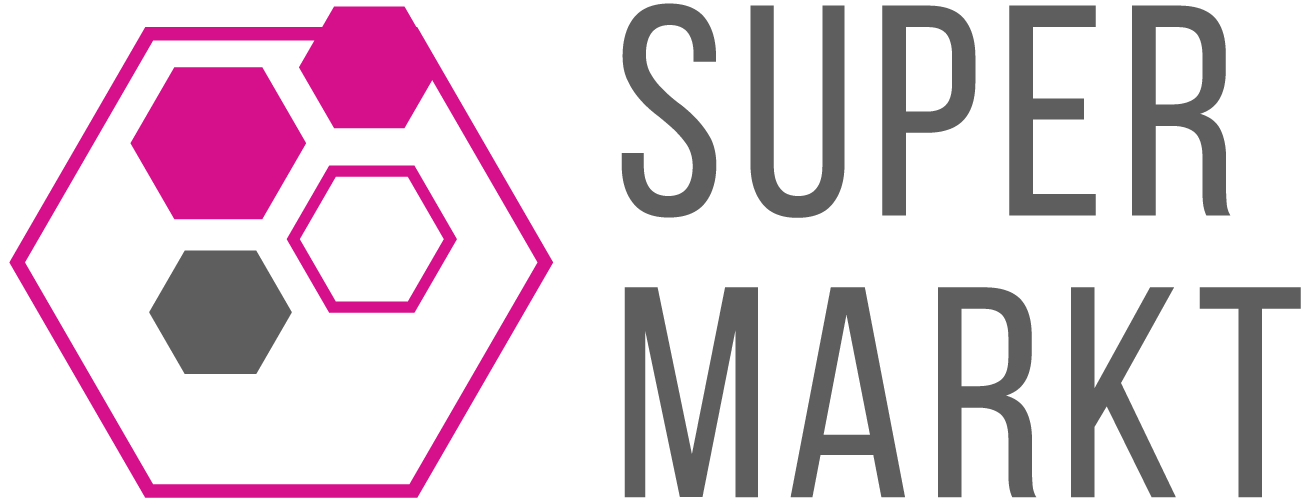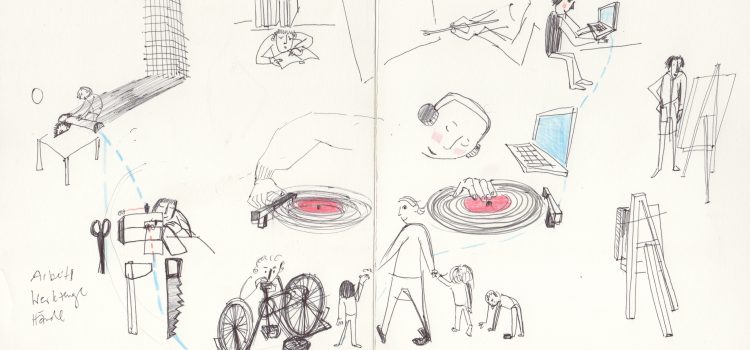We are happy to present our next workshop COMMUNITY VALUE on September 23-24. This upcoming event starts with an assessment of peer value, compensation of individual contributions, money and credit systems within collectives and community currencies at large. Matthew Slater, Community Currency engineer, will facilitate the workshop during the day and towards the evening, Berlin-based artist and researcher Lenara Verle will take over to play a session of her Currency Lab Board Game with us. We’ll discuss all these issues above in connection to three well-known community networks: OuiShare, Enspiral and Spreeblüte – and we are super glad to welcome three members of these respective groups: Francesca Pick from OuiShare, Genevieve Parkes from Enspiral and Leo Wollersheim from Spreeblüte Berlin.
On the second day, we’ll look into emerging new finance technologies such as blockchain, and get a better understanding of its benefits and possibilities – beyond the current hype. Berlin-based researcher Jazmina Figueroa is going to faciltate the workshop day and she will surely come up with some interesting and challenging concepts. Furthermore, we will have three representatives of blockchain-based networks and communities wit us: Sven Laepple, founder of Astratum, Peter Harris from Resonate.io and Greg McMullen from IPDB and BigChain BD. We will learn from these case studies how new financial tools and decentralized platforms can be utilized individually and collectively.
All in all, we hope that this workshop will open up opportunities for reflection and exchange on money cultures and the value of colllective endeavours. SUPERMARKT has been a site for research and knowledge exchange on these topics since its very beginnings. Remember the workshop series of the Free Culture Incubator or the Open Zone during transmediale 2011? The Workaround conference series in 2012, the Capturing the Buzz workshop in 2013 and many community events such as the #Platformcoop Berlin meetups or more than 30 DIY Masterclasses during the past six years? Over the course of all these events it became clear, that the more we research on these topics, the more questions keep coming up. So instead of having found eternal wisdom we got better in asking questions. And this is what we will do during COMMUNITY VALUE as well.
Questions of value and price
Everyone who is engaged in collective work is confronted with the value and / or prize of a collaborative effort. Are we able to convert a community effort into an art market price? Are collaborative works ultimately free of price, because there is no unique seller with whom to set up a deal? Can we stick a price tag on something that is changing its looks and perspectives every day? Most of these works are either digital or intangible in other forms – sometimes it is not even possible to fully grasp their dimensions and meaning. Thus, the lack of price can also challenge a general evaluation of the quality of the product. How are we able to assess a database generated by thousands of entries from people around the world? Of course, we are able to judge on the digital interface, but do we have the right tools for a comprehensive critique yet?
Questions of ownership
If a random group of people creates a work or a process – who actually owns the end product? Who has the right to alter the work or take out a part and reuse it in a profit-making context? Who has the mandate to speak on behalf of the collective?
Another big question is how to capture the audience’s participation of, for instance, a time-based media artwork. Mainly if a piece of art is going viral and people start to connect to the work in various ways – by sharing, commenting or remixing it online.
What does this mean for the documentation of this piece of art? Does participation bring about a new “version” of an artwork, with the participants as co-creators? Seeing that new dimensions and layers can be added in such ways, what does this mean for the lifecycle of a collaborative media artwork – especially outside of the museum/ gallery context?
Questions of governance
Who decides what is discussed in society nowadays? Start-ups, companies or artists? Who develops new visions of co-living and co-working? Who tells the story of our time?
Currently, movements at the interface between art, economy and political self-organisation develop all over the world: new forms of cooperativism, like the Platform Cooperativism movement headed by Trebor Scholz, Professor at the New School in New York. Cooperatives are founded and alternative political movements like #DIEM25, Podemos or a large number of local Occupy offshoots are becoming more and more influential. And there is an ever-increasing number of artists’ collectives or cooperatives, for example for freelancers or freelance artists.
In the varied concepts and approaches surrounding the idea of the Commons, there are plenty of interesting examples of sharing of resources, of self-empowerment, solidarity and co-production to be found. The idea of the Commons as common property and/or common welfare refers to common possession and common use of everything that human societies need in life. This includes goods like air, water and public spaces as well as education, culture or art.
Questions of solidarity
System Failure or Depression? Money, knowledge and the access to innovative technologies are not distributed democratically (anymore). On the one hand, these resources are crucial for one’s livelihood, on the other hand, they are important prerequisites for innovation, development and the corresponding participation in a social debate. This realisation causes more and more artists to start self-organizing. The more you share with each other, the more obvious it becomes that being ashamed of precarious living conditions, a lack of followers or other social capital is, in fact, not just your fault, but also a symptom of crumbling structures. Feeling embarrassed weakens individuals in the long term. Collective and productive anger, however, paves the way for empowerment. The system is broken – let us imagine and build a new one.
What are your questions? What would you like to explore during COMMUNITY VALUE?
Write us to register: rsvp@supermarkt-berlin.net

